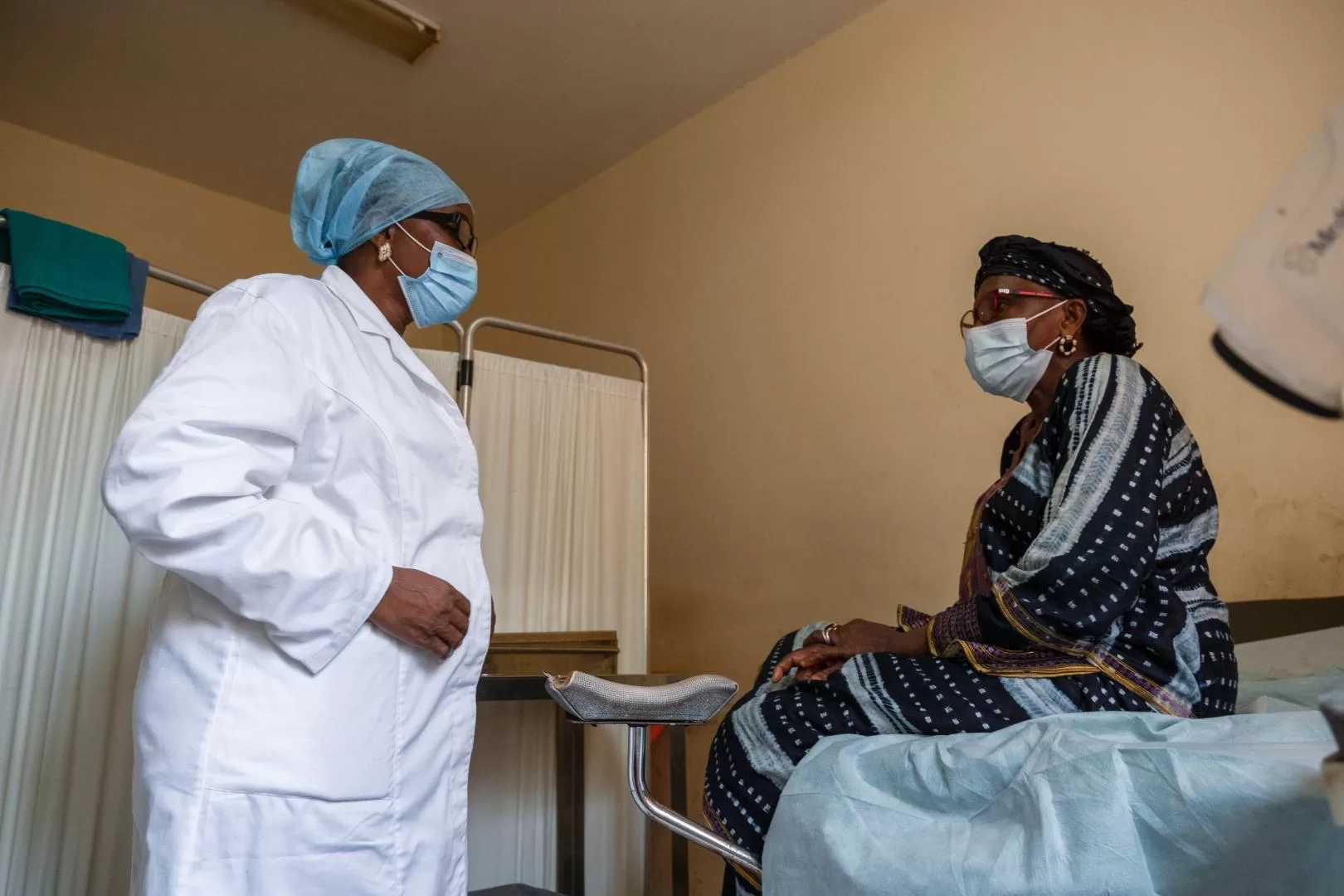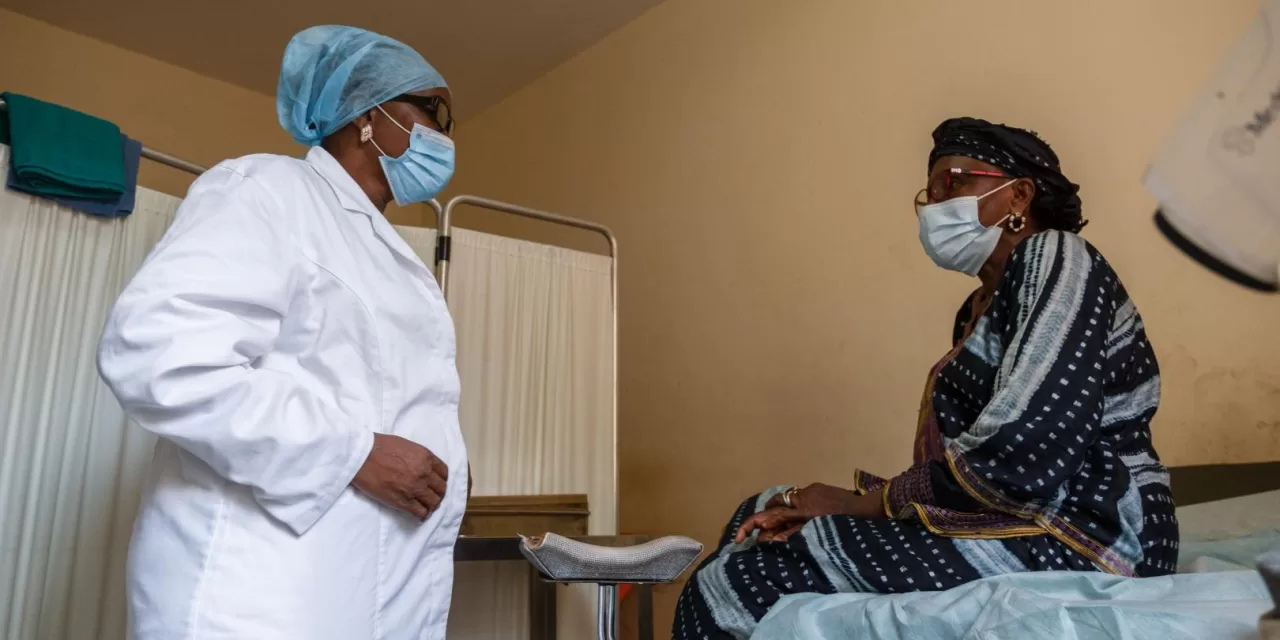
Approximately 70,000 cervical cancer-related deaths in Africa could be prevented each year if urgent actions are taken to enhance access to vital services for early detection, treatment, and prevention. During the Seventy-third session of the World Health Organization (WHO) Regional Committee for Africa in Gaborone, Botswana, health leaders and donors called on countries in the region to swiftly strengthen their essential healthcare services to combat cervical cancer. This region is home to 19 of the 20 countries worldwide with the highest burden of the disease.
To achieve the WHO’s global targets of eliminating cervical cancer as a public health concern by 2023, countries must achieve the following goals:
- Vaccinate 90% of women and girls with the human papillomavirus (HPV) vaccine.
- Attain a 70% rate of cancer screening.
- Ensure 90% of women and girls diagnosed with cancer receive treatment.
Currently, only 31% of girls by the age of 15 received the first dose of the HPV vaccine in the region in 2022, and just 16 countries have implemented HPV-based screening at the sub-national level. To meet the 2030 global targets, vaccination coverage should reach 90% of women and girls in 20 countries by 2024. Additionally, at least 10 countries should reach a national screening rate of 25% for women aged 30–49 years, with a corresponding increase in the treatment rate to 25% in these countries.
First Lady of Botswana, H.E. Mrs. Neo Jane Masisi, emphasized the importance of women’s health and well-being, stating that healthy women contribute to healthy families, communities, and societies. African First Ladies are committed to achieving cervical cancer elimination within a single generation.
Cervical cancer control programs face challenges due to low prioritization by governments, inadequate financial and human resources, limited health worker capacity, low awareness and health literacy, and high costs of supplies and vaccines. Nonetheless, progress has been made, with nearly 40% of countries offering the first dose of the vaccine reaching 70% coverage.
Dr. Matshidiso Moeti, WHO Regional Director for Africa, stressed the importance of early detection, care, and prevention in protecting women and girls in the region from cervical cancer. WHO is working with partners and donors to support governments in prioritizing cervical cancer control and expanding access to screening, vaccination, and treatment.
Graça Machel, Founder of the Graça Machel Trust and the Foundation for Community Development, called for bold commitments and strategic investments in prevention, screening, treatment, and support, emphasizing the effectiveness of the HPV vaccine in preventing cervical cancer.
Efforts are also being made to address inequities and expand access to services among vulnerable populations, as well as to ensure equitable access to affordable vaccines and high-performance screening tests. Collaboration with communities, youth organizations, NGOs, and the private sector is considered critical in widening access to cancer control services.
Cervical cancer, primarily caused by HPV, is the fourth most common cancer in women worldwide, leading to over 300,000 deaths annually. The Bill & Melinda Gates Foundation is committed to supporting HPV vaccination programs in lower-income countries to reduce the burden of cervical cancer.












